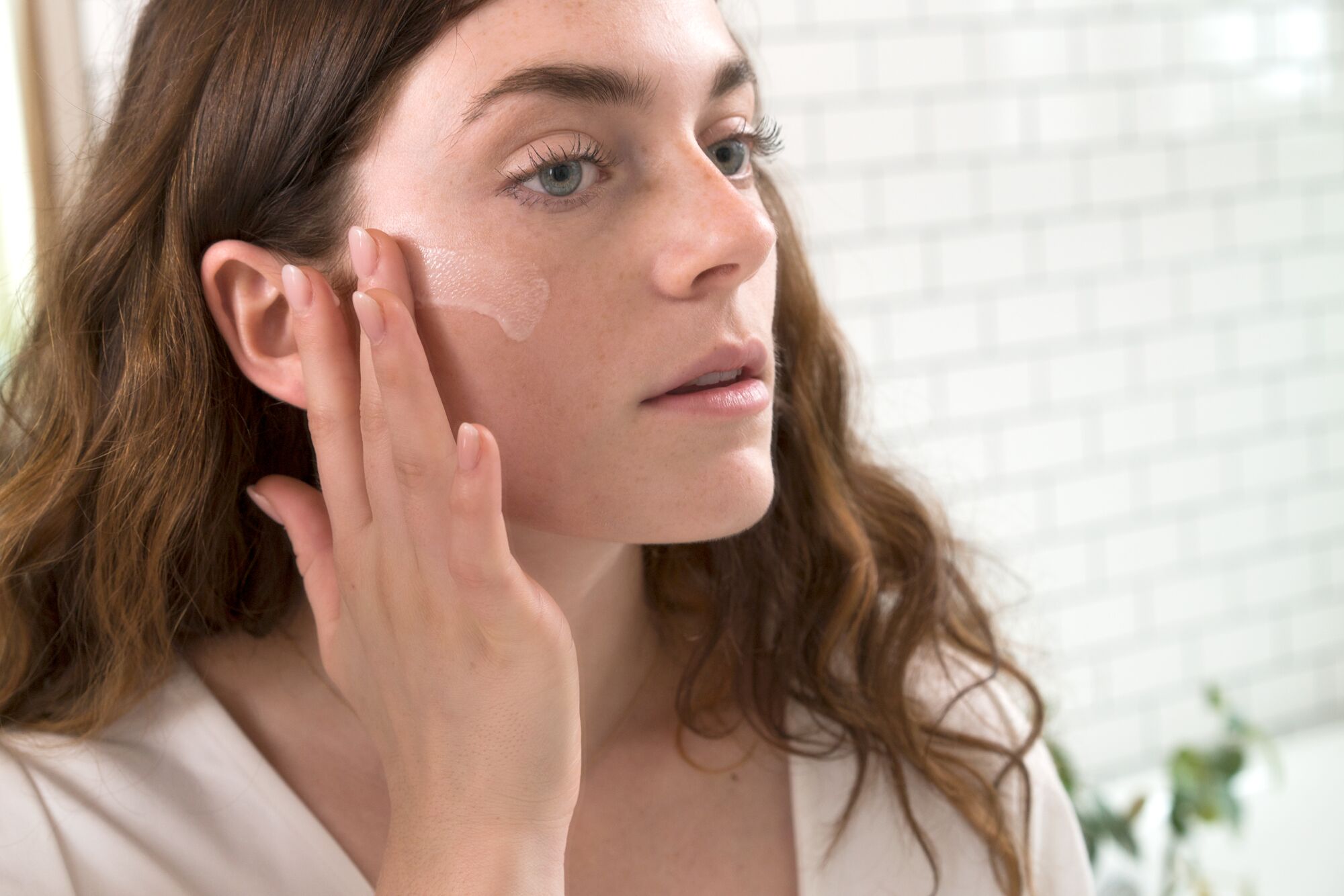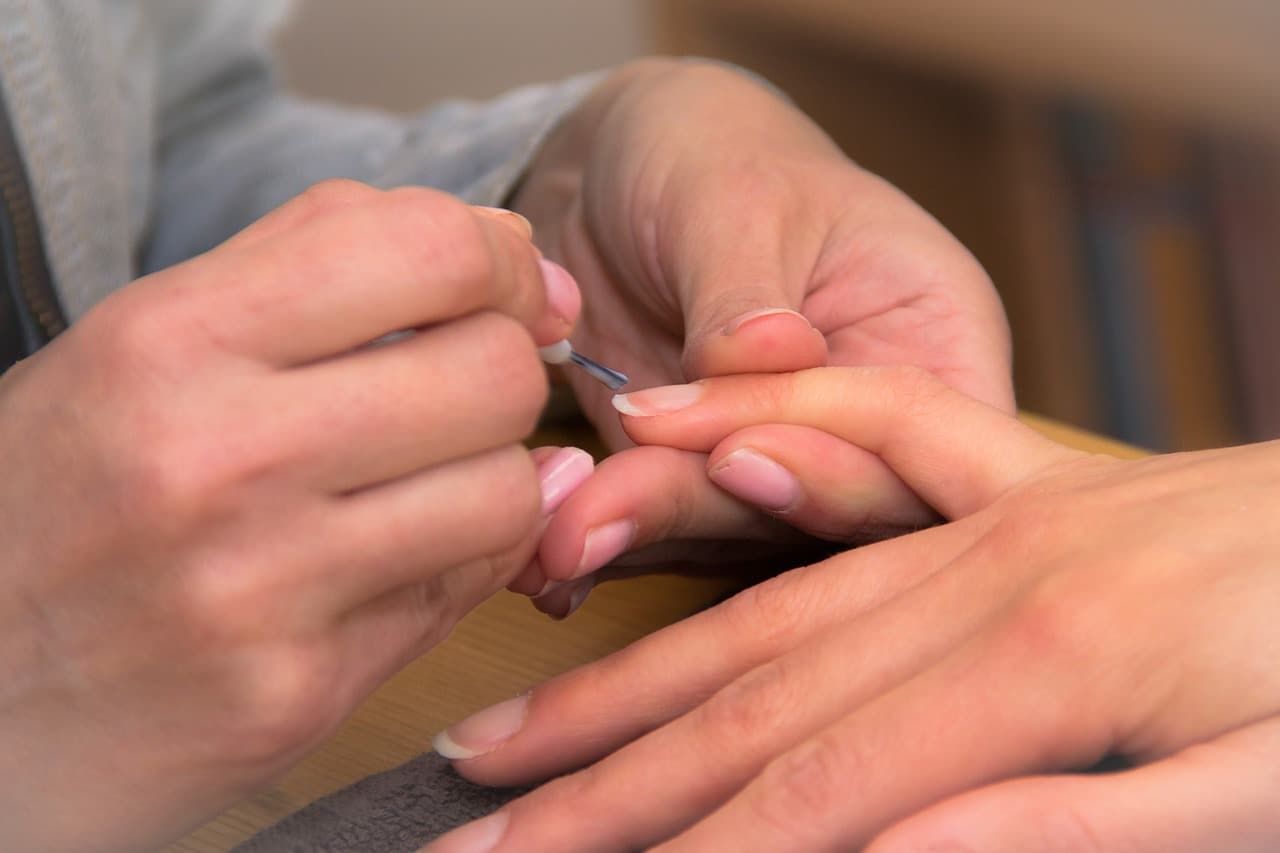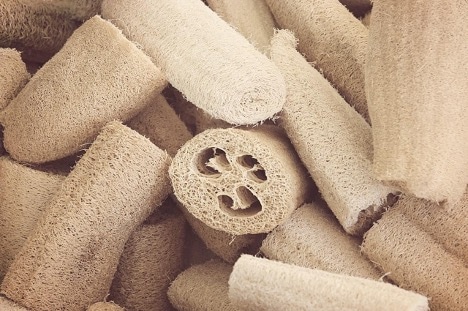When you choose to have a facelift, you are taking an important step toward improving the health and appearance of your skin as well as the way you feel about yourself. For the quickest recovery and optimal results, it’s essential to take care of your skin properly in the days and weeks following your procedure. You should talk with your doctor about your post-op instructions and make sure that you understand the steps you need to take to care for your skin – and have this conversation before your procedure when you aren’t groggy from anesthesia. Caring for your skin is more complicated after a facelift than after a less invasive cosmetic procedure because you have to manage swelling, treat wounds, and maintain a regular skincare routine to achieve the best results. You can minimize swelling with cold compresses, particularly during the first three days after your surgery. You should also sleep with your head elevated above your heart to avoid an overnight increase in swelling. Your face will be sore, but it’s still important to keep your skin clean to help with healing and prevent infection or breakouts. Keeping the area clean and moisturized is key to a healthy recovery.
You should always follow your doctor’s advice carefully, but in general, here are some steps you can take to protect your skin after your facelift.
1. Cleanse and Moisturize
Your face will probably feel tender with some pain near the incision area. However, that doesn’t mean you can cut corners on facial cleansing. It’s easy for bacteria to build up and cause infections, so it must be washed away regularly. Wash your skin using a soft cloth and a mild antibacterial facial cleanser, and follow this with an unscented moisturizer to minimize scarring and help keep your skin healthy.
2. Address Bruising and Swelling
A facelift is fairly traumatic for your skin. You will most likely have a significant amount of bruising and swelling, and these are likely to get worse before they get better. Typically, bruising and swelling peak a few days after your procedure. Sleep with several pillows propping up your head to keep it comfortably elevated as you sleep and rest. You can also use cold compresses to reduce swelling. If you’d like, you can try a supplement such as bromelain or arnica for bruising if your doctor agrees.
3. Avoid the Sun
Protecting your skin from the sun’s harmful UV rays is always important, and after your facelift is no exception. Sun exposure to your incisions can lead to darker and more permanent scars, so avoid the sun at all costs for the first few weeks after your surgery. When you do venture out, always wear a sunblock with a minimum of SPF 30. However, avoid sunscreens with much higher SPF ratings as they can clog pores. Even when you use sunblock, always pair it with sunglasses and a hat for maximum protection.
4. Keep Hydrated
It’s essential to stay hydrated as part of regular overall skincare, but it’s more important than ever following a facelift. Drinking plenty of fluids can help keep nausea at bay and help you heal faster and feel better sooner. You may also experience constipation after your surgery because of the sudden lack of physical activity, and staying hydrated can help. Water is the best choice, but you can also benefit from drinking low-sugar fluids that are also high in vitamins and minerals. Shoot for at least 6-8 glasses a day to flush toxins from your body and keep your skin healthy.
5. Minimize Scarring
Scars are an inevitable part of almost any surgery, and scars are generally permanent. However, you can do a lot to minimize their appearance and longevity, and good scar prevention begins right after your procedure. The first step is to keep your incisions clean and avoid infection. Your doctor may recommend cleaning the area with a solution of water and hydrogen peroxide. Once the incisions begin to heal, you should keep them moisturized with petroleum jelly or an antibiotic ointment to prevent them from drying out and developing more visible scars. Also, ask your doctor about other scar prevention measures such as vitamin E and massage.
6. Resume Facial Treatments
About four weeks after your facelift (or when your doctor clears you), you can begin having facials. The exact time frame also depends on when your swelling disappears entirely. There are various types of facials, and the right one for your needs will depend on your age, lifestyle, and skin type, to name a few. Be sure that you tell your esthetician about your facelift so that they can be cognizant of irritants near the incisions. The problem areas you targeted before your surgery are the same ones you should target now because gravity and the natural aging process will probably begin to have the same effects over the years.
What to Expect
Contrary to popular belief, facelifts are not a means to instant, permanent results. The results of your facelift should last for years, but the natural aging process will continue. You can keep your skin looking and feeling its best long-term by avoiding sun exposure, environmental pollutants, and harmful lifestyle choices such as tobacco use. You can also use cosmetic treatments such as laser skin treatments, injectables, and chemical peels to maximize the life of your facelift. Be sure to speak with your doctor about a long-term skincare plan that’s customized to your individual needs. If you want to wear makeup after your facelift, you can – after the first week or so. Don’t worry about having to go barefaced at first; you will likely be staying at home during this time as you recuperate nonetheless. When you do start wearing makeup again, lightweight mineral options may be less irritating. If concealing bruising is important to you, keep in mind that green-based concealers cover redness best while yellow-based products work well on bruising. Having a facelift is exciting. Once you recover, you’ll have a new, fresh face to show off. Proper skincare in the weeks after your procedure is the best way to ensure the best possible outcome.
Do you spot those aromatic pumpkin spiced lattes and hot cocoa topped with fluffy marshmallows around you? Or, the sweet-smelling Read more
Your work schedule may be crazy, but it is always easy to squeeze in a few minutes for your skincare. Read more
As you can see, there are underlying reasons why your skin could be acting up, and it is important to Read more
If broken nails regularly leave your manicure looking uneven and ragged, help is at hand.
April Klazema
April is based in the Netherlands, and writes across a broad range of beauty, lifestyle, and childcare topics.













